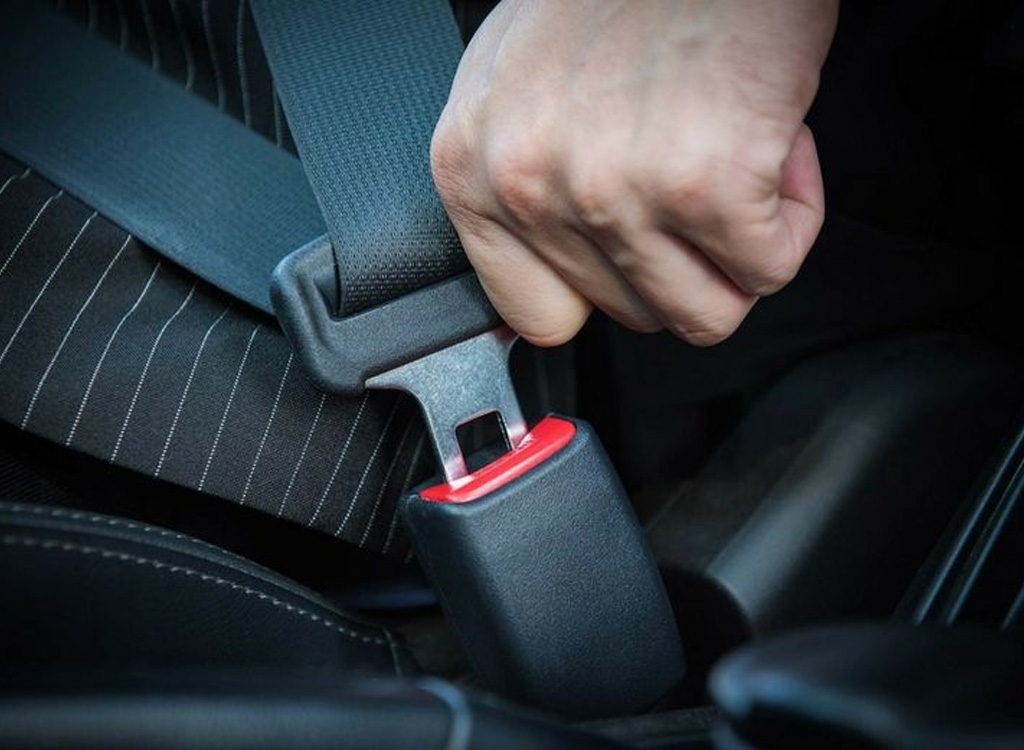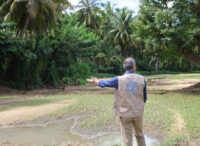Sri Lanka has made it mandatory for all rear-seat passengers in light vehicles travelling on expressways to wear seat belts, effective from today.
The new regulation is part of a broader initiative to reduce fatalities and serious injuries in high-speed zones.
Police have confirmed that special inspections will be carried out along expressway routes to ensure strict compliance with the rule.
Until now, seat belt regulations primarily targeted drivers and front-seat passengers, with rear-seat compliance often overlooked.
Authorities say this latest measure addresses a long-standing safety gap.
The National Transport Commission (NTC) has announced that from September 1, the rule will extend to all passengers in expressway buses, including the driver.
“There is a need to ensure that all passengers, including the driver, wear seat belts in passenger buses operating on expressways from the 1st of September,” said NTC Chairman, P.A. Chandrapala, underscoring the importance of consistent safety practices across all modes of expressway transport.











Leave a comment